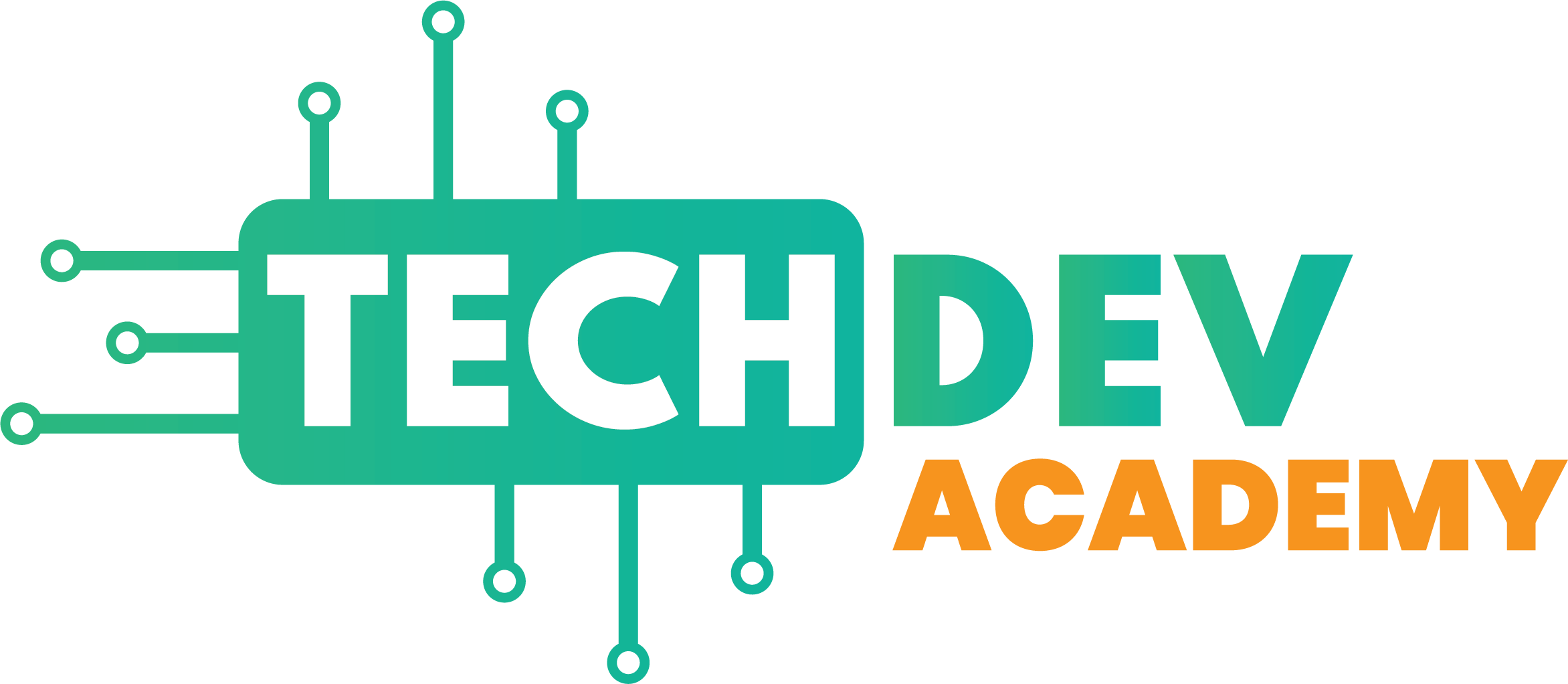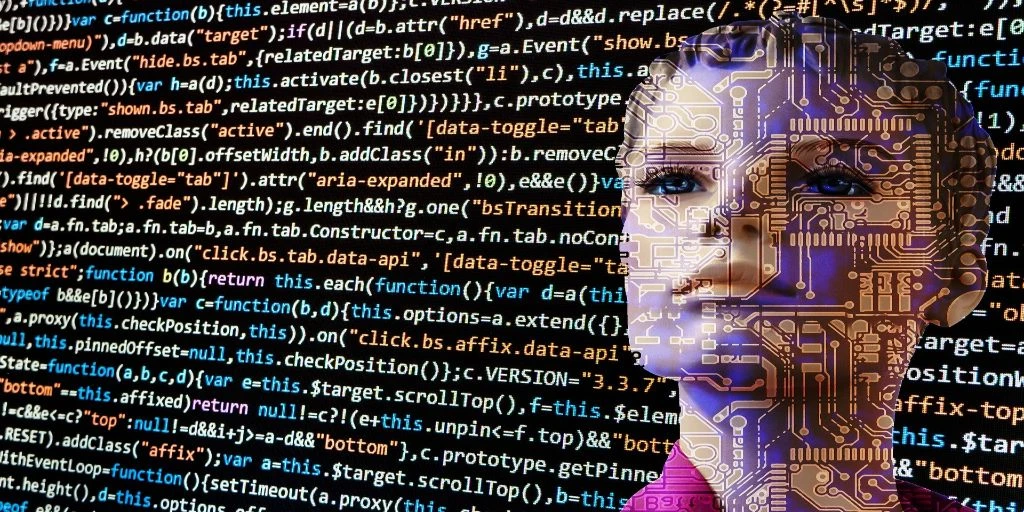Parents often find it difficult to get their kids involved in something that not only can keep the little ones excited but help them learn something as well. If you too belong to this league, introducing programming to your kid seems to be an ideal solution.
It’d not only be fun and interesting for them to learn but also greatly help them in their future as well. In this post, we’re going to explore some major reasons why your kid should learning programming.
What Is Programming and What Does It Mean for Kids?
In its simplest form, programming refers to the process of writing instructions for computers in order to employ them to carry out a task. Though computers can carry out a task much faster compared to a human, they need written instructions that would tell them what to do. With the help of a programming language, we provide computers with the required instructions.
When it comes to programming for kids, the objective remains the same with a different mode of approach. We take the help of things like toys, games, etc. to make the entire process an interesting and engaging one. And since it’s possible to gamify this logic-based creative activity, even a 5-year old may find it easy to understand.
The Today and Tomorrow of Programming
Perhaps now you’re wondering how programming could be connected with our daily lives? Just think about it – in 2009, Facebook introduced a piece of code that took the world by storm – the “like” button. And how did it work? We’d used it over 1 trillion times by 2012.
Coming back to the present days, almost everything has become technology-oriented and that results in a skyrocketed demand of programming language professionals aka programmers.
If you’re still not convinced, the data from the US Bureau of Labor Statistics may help you. It foresees that in 2028, the demand for software developers is going to be 21% higher than what it was in 2018. The statistic indicates that if you can help your kid build a robust foundation in terms of programming, it may turn into a promising career.
And in terms of earning potential, on average, IT professionals can earn 19% more compared to non-IT professionals, revealed by Burning Glass Technologies.
If now you’re convinced about the bright future of programming, welcome to the league of 93% of parents that feel opportunities to learn computer science is an effective way to utilize the school’s resources.
Statistics indicate that when it comes to programming professionals, the demand by far exceeds the supply and that’s one of the biggest reasons you should start introducing programming to your kid today.
Fortunately, we’re now equipped with many avenues that can be used to accomplish this goal. And the best part is that the majority of these avenues don’t need either reaching the school-age or the formal school environment.
How to Get Started?
First of all, it’s just unrealistic to expect a kid to have patience or an attention span similar to an adult. It means taking the right approach is extremely important when introducing programming to your kid.
You should understand that generally, programming is logic-based and if you can ban boredom, kids are going to like it.
There’re lots of online tools that can help your kid to step into the world of programming. From programming games and toys to robot models, microcomputers, and coding summer camps – you won’t have any dearth of resources.
You can also apply the STEM education approach if your kid is interested in any of these disciplines. The biggest advantage of using this exploratory learning method over traditional education is that it offers a blended learning environment and demonstrates to learners how the scientific method is applied to everyday life.
It lets students learn computational thinking while improving their problem-solving skills in real-life situations. STEM education approach is designed in such a manner that triggers learners’ interest in pursuing the courses.
Various researches conducted on kids’ developmental aspects have mentioned that up to the age of five years, a kid remains most active in the context of exploratory learning. This 0-5 year age group tends to be in a fast neural connection development stage, which serves as the foundation for an enhanced scientific inquiry in kids.
It indicates that the earlier you introduce your kid programming, the better the results will be – not only from a programming standpoint but from an overall development aspect as well.
Programming, in short, is going to shape the future and learning programming strengthens problem-solving, creativity, and a myriad of other skills. Therefore, the value of learning programming isn’t only limited to the actual act of doing it, it opens doors to a diverse range of related opportunities too.
So, do your best to help your kid started with this exciting skill and make him or her confident enough to do something impactful with the newly acquired knowledge.

